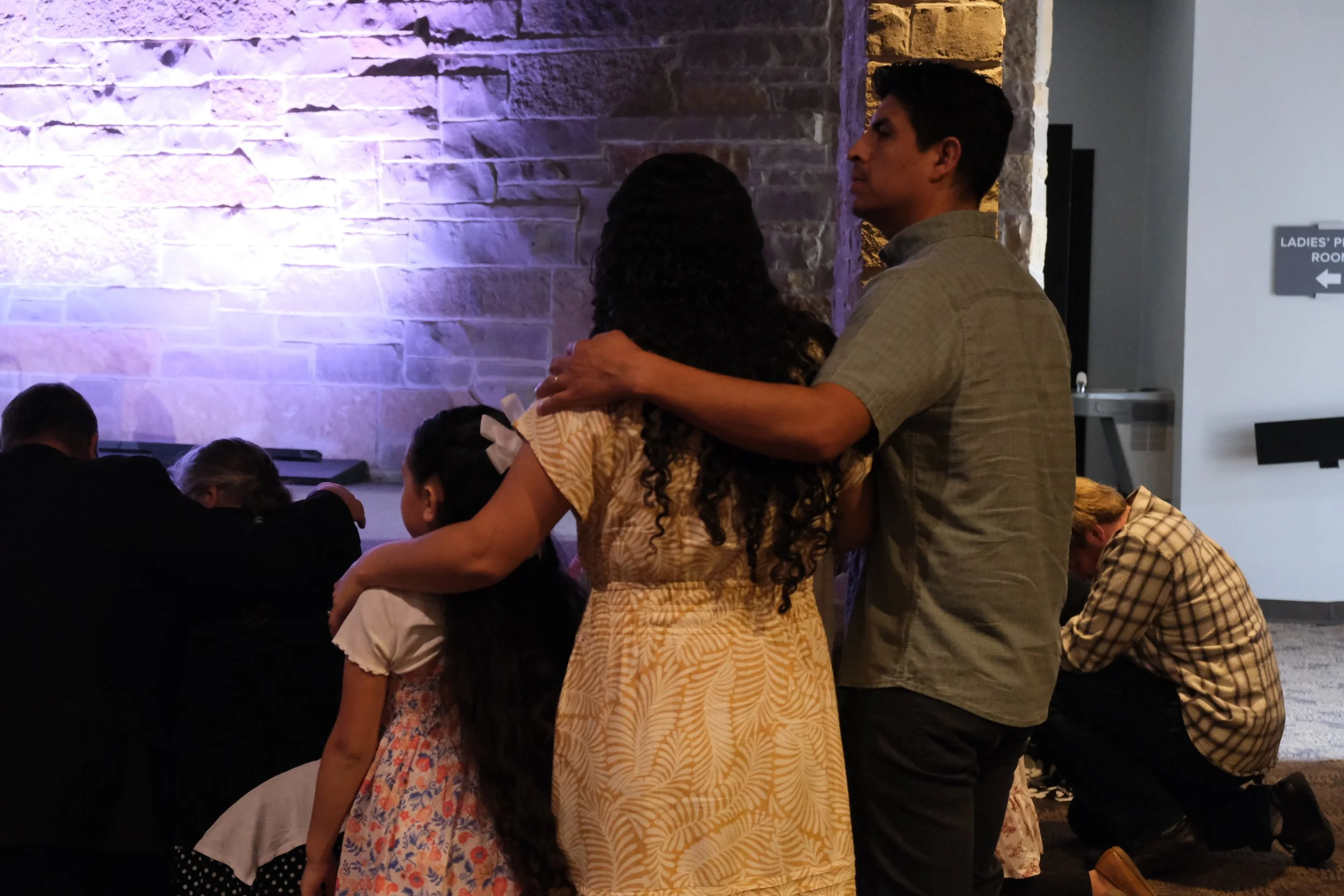8 Youth Activities for Spiritual Growth: Teaching Our Kids in Church and the Home
Finding youth activities for spiritual growth can be a challenge in today’s fast-paced world. But, as parents or adults who can influence kids and young people, our goal is to guide the next generation in developing a strong spiritual foundation that will last a lifetime.
That’s why we’re going to explore several Christian activities that can be implemented both at home and in church to help foster spiritual growth among our children. These strategies will help us engage the younger generation in their faith journey, creating lasting connections with their spirituality.
What Engages Kids?
Engaging with young believers is more critical than ever. Studies show that more than half of adults who regularly attended church as children now say they seldom or never attend services. This statistic is a stark reminder of the importance of laying a solid spiritual foundation during the formative years.
To capture the attention of today’s kids, whether they’re elementary age or in high school, activities for spiritual growth must be fun, easy, memorable, and quick-hitting.
Children and teens today are surrounded by endless entertainment options and digital distractions, so creating an engaging spiritual experience requires creativity and intentionality. The key is to provide activities that hold their interest while imparting valuable lessons that they can carry forward in life.
Creating spiritual activities that are enjoyable doesn't mean watering down the message; it means delivering it in a way that resonates with the younger generation. Our role as parents, teachers, and mentors is to nurture that connection, ensuring they feel supported and valued in their spiritual growth.
4 Youth Activities for Spiritual Growth at Home
Nurturing spiritual growth at home is one of the most effective ways to deepen a child’s faith. The home environment provides a safe space where kids can learn, ask questions, and explore their beliefs in a comfortable setting.
Here are some practical ways to integrate youth activities for spiritual growth into your daily family life.
1. Watch a Faith-Based Television Series
Faith-based TV shows and movies are excellent tools for teaching biblical principles in an entertaining way. Choose shows that align with your values and have lessons that your kids can easily understand. Watching these together as a family can open the door to deeper discussions about faith and values.
2. Plan a Weekly Family Bible Study
A family Bible study can be both educational and fun. Start by selecting engaging Bible stories that are age-appropriate, allowing each family member to read a portion. Encourage open discussions by preparing questions that prompt everyone to think about the story’s meaning.
Let the kids take turns planning some of the lessons to keep them actively involved and excited about participating in this spiritual discipline!
3. Play Worship Music at Home
Music has a powerful influence on the mind and soul, especially for young people. Playing worship music at home is an easy way to create a spiritually uplifting atmosphere. Whether during mealtime, while doing chores, or just for fun, worship music helps keep thoughts centered on faith throughout the day.
4. Host a Small Group with Other Families
Engaging with other families of believers can create a sense of community and fellowship outside of Sunday services. It allows kids to meet fellow believers their own age, see faith in action beyond the church walls, and strengthen relationships with families who share the same beliefs.
This type of interaction helps reinforce the importance of living a life of faith every day, not just on Sundays.
How to Engage Your Kids at Church
While creating a spiritually rich environment at home is crucial, engaging children in church activities helps to reinforce your efforts at home. Sunday services are a place where kids and teens alike can build a sense of belonging and develop relationships with fellow believers.
Below are some effective ways to help your kids feel more connected during church services.
1. Arrive to Service Early and Stay Late to Mingle
Give your family some time before and after church services. This allows your family to connect with others. Building relationships with other families at church helps create a support network, making the experience more enjoyable for kids. When children form friendships within the church, they’re more likely to look forward to attending services and get involved.
2. Worship and Pray as a Family
Participating in the worship service and the altar call as a family can be a deeply moving experience for parents and kids alike. These moments of collective spiritual action provide a chance for them to see faith in action and feel the power of unity in worship. It reinforces the importance of turning to God together as a family.
3. Volunteer at Church as a Family
Volunteering together as a family not only strengthens your bond but also teaches kids the value of serving others. Whether it’s helping with church events, assisting in the nursery, or participating in outreach programs, giving back instills a sense of purpose and community in young hearts.
4. Encourage Kids to Join Their Own Ministry
When kids join a ministry within the church, it can have a profound impact on their spiritual growth. When young people actively participate in a ministry, they feel invested in the mission of the church. They'll have a space where their strengths and abilities can shine, giving them a sense of ownership and purpose within the church community.
Ready to Start Engaging Our Youth?
Fostering youth activities for spiritual growth both at home and in church is essential to developing a lasting faith in our children. As we continue to guide our young believers, we lay the foundation for a faith that will carry them through all stages of life. Let’s make it our mission to nurture and inspire the next generation of faithful followers, ensuring they are equipped to hold onto their spiritual roots!





